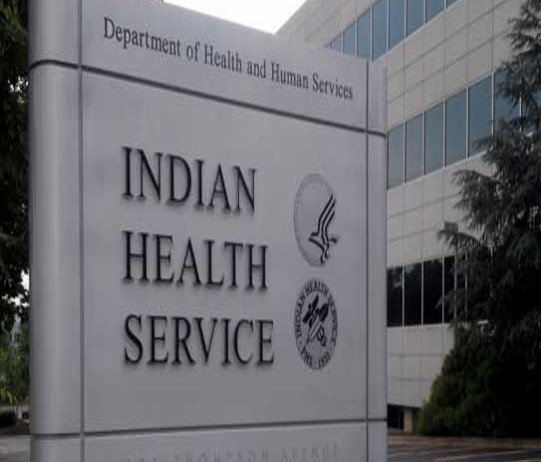
Earlier this year, NFFE, along with the Laborers’ International Union of North America (LiUNA) and the American Federation of government Employees (AFGE), secured a massive legal win – reaching an 80 million dollar settlement with the Department of Health and Human Services, Indian Health Service (IHS).
NFFE originally filed a Fair Labor Standards Act (FLSA) grievance against IHS on March 26, 2008, on behalf of NFFE IHS Council.
The FLSA is a federal law protecting employees from being forced to work overtime without being properly compensated. As such, it also prohibits forcing employees to accept compensatory time in lieu of overtime payments and failing to provide time-and-a-half overtime compensation for “off the clock” work, also known as suffer or permit overtime. These were all amongst the allegations contained in the grievance, along with the claim that IHS improperly declared many employees to be exempt and not covered by the FLSA.
The three parties involved quickly entered into a Procedural Memorandum of Agreement which consolidated all 33 grievances and, after seven years of dedication and hard work, reached the settlement that we have today. This time was capped with other significant interim settlements resulting in IHS formally acknowledging that thousands of employees should have been and would then be covered by the FLSA and entitled to its overtime rights and protections.
The next step in the process is for IHS to finish processing and collecting the remaining data necessary to determine all of the employees affected. This data will likely be provided to the Unions by the end of the year, with a claims process following shortly after. All those eligible to participate will be contacted.
“This is a big victory for NFFE-IAM members of the Indian Health Services,” said NFFE National President William R. Dougan. “We have been fighting this case for years, and finally NFFE has won our members justice on the job. The largely Native American workforce of the IHS works tirelessly to provide world-class services to Native American communities across this country, and we will fight to ensure our members are compensated fairly under the law.”

NFFE has spent seven years fighting for IHS employees to reach the recent settlement
